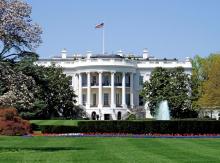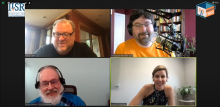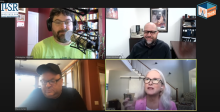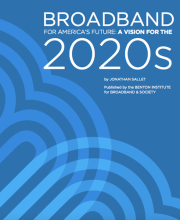Native Nations and Federal Telecom Policy Failures: Lessons from the Rural Digital Opportunity Fund

A new report published today by the Institute for Local Self-Reliance (ILSR) reveals how the sovereignty of Tribal Nations and their own efforts to solve connectivity challenges on Tribal lands can be undermined by the poor design and maze of bureaucracy associated with some federal broadband programs.
The report – Native Nations and Federal Telecom Policy Failures: Lessons from the Rural Digital Opportunity Fund [pdf] –shows how even as the National Telecommunications and Information Administration (NTIA) takes over administration of the largest federal funding programs and re-situates Tribal closer to where they belong, the Federal Communications Commission (FCC) continues its long-standing practice of scant engagement and infrequent consultation, complicating the terrain and stymieing Tribal efforts to close the digital divide in Indian Country.
Completed in December 2020, the Rural Digital Opportunity Fund auction underscores the pernicious consequences of federal policy. While the report begins with a real-life example of how Tribal nations now working to build their own broadband networks can be blindsided by bureaucratic neglect and non-Tribal ISPs, it goes on to detail why the FCC’s approach to broadband funding has fostered tension between providers and Tribal ISPs, and why RDOF has earned a particularly bad reputation among many Tribes.
The report also examines how RDOF impacts the roll-out of the federal government’s major broadband infrastructure funding program known as BEAD (Broadband Equity, Access, and Deployment), which is being administered by the National Telecommunications and Information Administration (NTIA).







